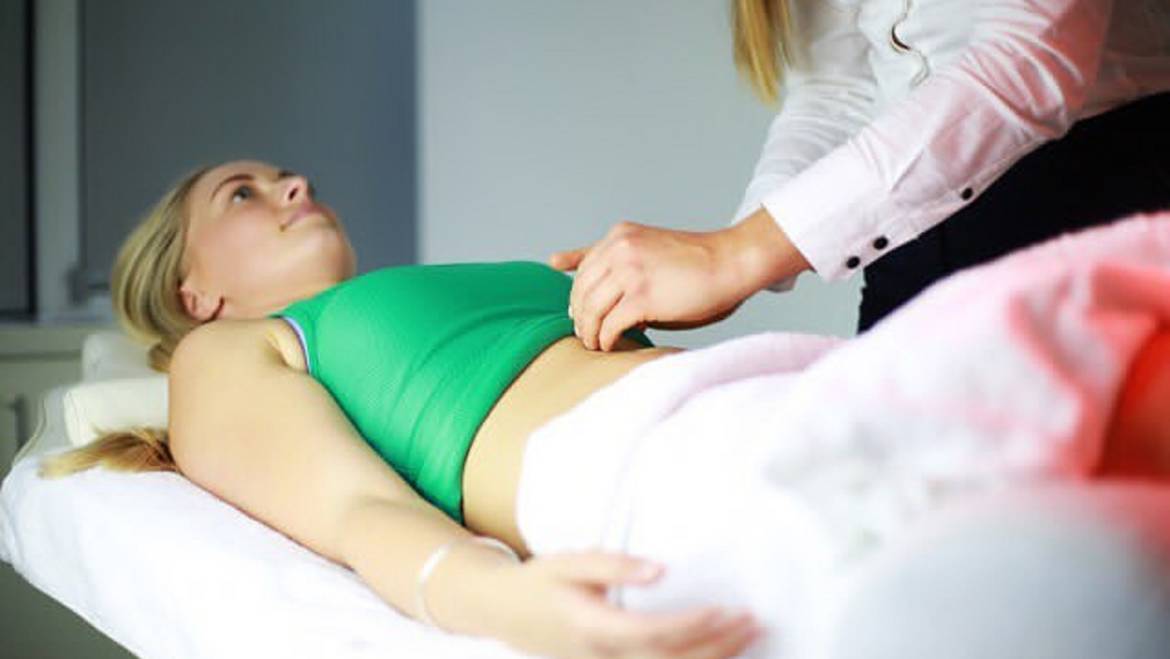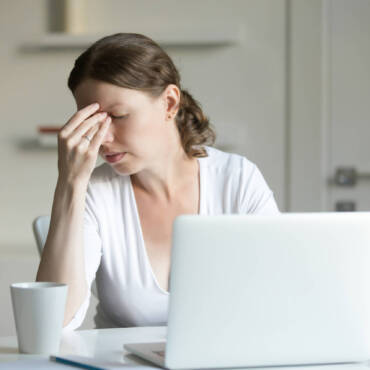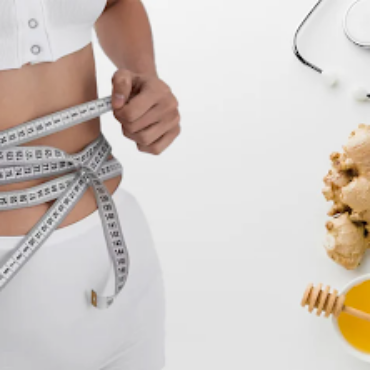How Acupuncture Relieves the Symptoms of Insomnia
Daytime drowsiness, lack of concentration, and memory loss are only a few of the symptoms of insomnia. Not to mention the irritability, increased stress, and mood changes that come with chronic fatigue. Acupuncture can help treat and reduce the symptoms of insomnia and chronic sleep deprivation.
The human body relies on regular 24-hour cycles to control your sleep-wake cycle. During these cycles, the body learns when to release sleep hormones. One study showed that acupuncture could increase the release of melatonin at night. Melatonin is a sleep hormone that makes you feel tired and ready to sleep. As participants got enough sleep, the detrimental effects of insomnia were reduced.
Participants in the study also reported lowered levels of anxiety. Sleep loss has been shown to increase the brain’s sensitivity to negative emotions. Levels of sadness, anger, and stress are often elevated in this part of the brain during sleep deprivation. Emotional health can be improved by getting enough sleep.
Acupuncture can help reduce sleep deprivation whether or not it is used in conjunction with medication. In fact, one study showed that participants who got acupuncture and took medication got more sleep than those who took pills alone.
If you and your doctor think acupuncture might be right for you, there are a few things you can do to prepare ahead of time. Be sure to:
- Find a Professional: Consult your doctor or look for an acupuncturist through the American Association of Acupuncture and Oriental Medicine or AcuFinder.com.
- Eat First: Fatigue and dizziness are common side effects if you do not eat enough before your appointment. You don’t need a heavy meal but should eat enough to keep your blood sugar steady.
- Wear Loose, Comfortable Clothing: Some acupuncturists may provide you with a gown to wear, but not all do. Comfortable clothing not only helps you feel relaxed but gives your acupuncturist easy access to the different pressure points on your body.
- Avoid Caffeine and Alcohol: Relaxation is key to successful acupuncture. As a stimulant, caffeine can make you feel jittery with your heart racing. Alcohol can interfere with your ability to stay in tune with your own body so save it for afterward.
Acupuncture should be used in conjunction with good sleep hygiene. Sleep hygiene is all the habits in your life that contribute to the quality of your sleep. Start by checking your mattress to make sure it supports your preferred sleep position. Back sleepers may need a firmer mattress than side sleepers. Keep your room dark, quiet, and comfortably cool with the temperature set anywhere from 60 to 68 degrees.
You can further help your body regulate your sleep-wake cycle by going to bed and waking up at the same time every day. If you struggle to fall asleep, you can develop a regular bedtime routine to relieve stress and help your body know when to release sleep hormones. Turn off your electronics at least two to three hours before bed to prevent the bright light they emit from suppressing the release of sleep hormones.
With the right habits and the help of acupuncture, healthy sleep could be right around the corner. You’ll feel more mentally clear, physically stronger, and emotionally stable.
Ellie Porter
Managing Editor | SleepHelp.org
ellie@sleephelp.org



